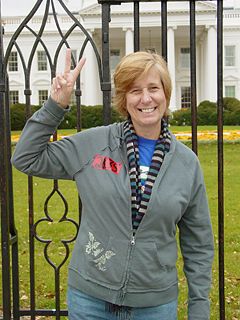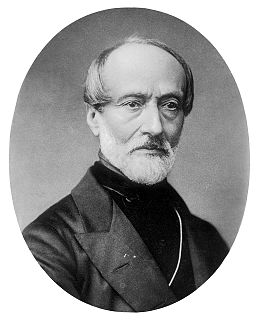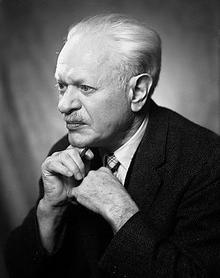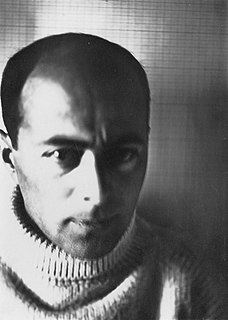A Quote by George William Curtis
A man's country is not a certain area of land, of mountains, rivers, and woods, but it is a principle: and patriotism is loyalty to that principle. In poetic minds and in popular enthusiasm this feeling becomes closely associated with the soil and the symbols of the country. But the secret sanctification of the soil and the symbol is the idea which they represent, and this idea the patriot worships through the name and the symbol, as a lover kisses with rapture the glove of his mistress and wears a lock of her hair upon his heart.
Quote Topics
Area
Associated
Becomes
Certain
Closely
Country
Enthusiasm
Feeling
Glove
Hair
Hair Up
Heart
Her
His
Idea
Kisses
Land
Lock
Lover
Loyalty
Man
Minds
Mistress
Mountains
Name
Patriot
Patriotism
Poetic
Popular
Principle
Rapture
Represent
Rivers
Sanctification
Secret
Soil
Symbol
Symbols
Through
Wears
Which
Woods
Related Quotes
Patriotism, or the peculiar relation of an individual to his country, is like the family instinct. In the child it is a blind devotion; in the man in intelligent love. The patriot perceives the claim made upon his country by the circumstances and time of her growth and power, and how God is to be served by using those opportunities of helping mankind. Therefore his country's honor is dear to him as his own, and he would as soon lie and steal himself as assist or excuse his country in a crime.
Elvis Presley's death deprives our country of a part of itself. He was unique, irreplaceable. More than twenty years ago, he burst upon the scene with an impact that was unprecedented and will probably never be equaled. His music and his personality, fusing the styles of white country and black rhythm and blues, permanently changed the face of American popular culture. His following was immense. And he was a symbol to people the world over of the vitality, rebelliousness and good humor of this country.
Symbols are specific acts or figures, while myths develop and elaborate these symbols into a story which contains characters and several episodes. The myth is thus more inclusive. But both symbol and myth have the same function psychologically; they are man's way of expressing the quintessence of his experience - his way of seeing his life, his self-image and his relations to the world of his fellow men and of nature - in a total figure which at the same moment carries the vital meaning of this experience.
It is the quality of patriotism to be jealous and watchful, to observe all secret machinations, and to see publick dangers at a distance. The true lover of his country is ready to communicate his fears, and to sound the alarm, whenever he perceives the approach of mischief. But he sounds no alarm, when there is no enemy; he never terrifies his countrymen till he is terrified himself. The patriotism, therefore, may be justly doubted of him, who professes to be disturbed by incredibilities.
Now let us regard the idea of God from the magic standpoint, according to the four elements, the so-called tetragrammaton, the unspeakable, the supreme: the fiery principle involves the almightiness and the omnipotence, the airy principle owns the wisdom, purity and clarity, from which aspect proceeds the universal lawfulness. Love and eternal life are attributed to the watery principle, and omnipresence, immortality and consequently eternity belong to the earth principle. These four aspects together represent the supreme Godhead.
Every patriot believes his country better than any other country . . . In its active manifestation-it is fond of killing-patriotism would be well enough if it were simply defensive, but it is also aggressive . . . Patriotism deliberately and with folly aforethought subordinates the interests of a whole to the interests of a part . . . Patriotism is fierce as a fever, pitiless as the grave and blind as a stone.

































